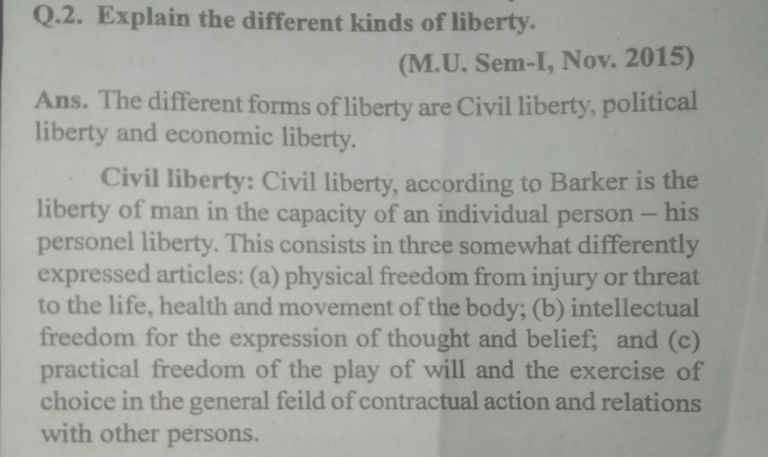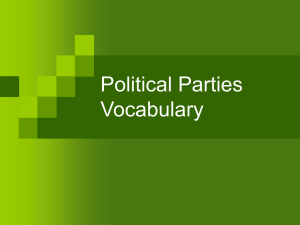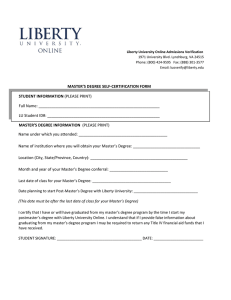
Q 2 Explain tbe di ----t kf.ad1 An 1b ~rd1ng o fan iadivid mthreo.,._. aie ..--... f ~ pl 1ldo mJ tho o ---. WU~'-il.lLiaI ICaLUIC UltYO~m ~olitical liberty: Men enjoy political libe capacity of a citizen. In modern democracy, g ,ernment is constituted by the people, political Ii a "a liberty not of curbing government, but of co~ and controlling; constituting-it by general act of c election, in which we all freely share on the _basis of suffrage; controlling it by a general and continuous of discussion, in which we all freely share according capacities". _ _ This view_ of political liberty postulates the p right of the people to be ~epre~e?ted in decisionbodies, and to influence the~ dec1s1ons by freely artic their vieWs and opinions on issues ofpublic policy. In . . . tended to ensure that the state shall be sensiti 1t 1s m •.Jt· •at . ·bte to the prev~mg som consciousness a respons1 . • . .-. -. . . . ~. ~ • Economic liberty: Economic liberty, br speaking, belongs to man in hi capcity as a: worker W-~-with hand or brain, engaged in some gainfull occupation service. In this sense, Barker suggests that economic 1i is implied in the articles of civil liberty already enum R.H. Tawney, in his Equality, has significaa observed: When liberty is construed, realistically, as impl not merely a ininimum q_f civil and political rights, but securities that the economically weak will not be at the of the eco~oinically strong, and that the control of aspects of econon1ic life by which all are affected amenable, in the last resort, to the will of all, a large of equality, so far from being inimical to liberty, is . to it.




